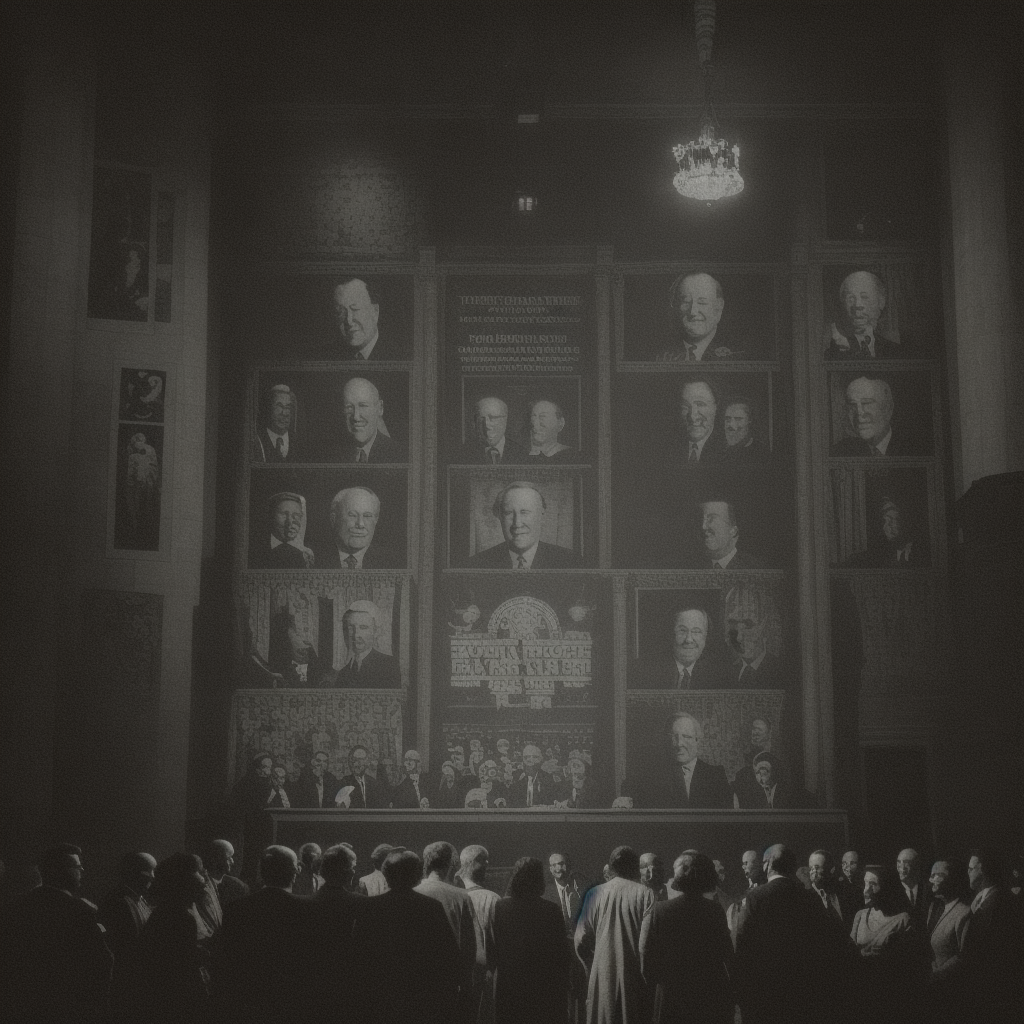
Sneaky Senators and Sneaky Surveillance
Key points:
- Top senate officials plan to save the controversial Section 702 surveillance program.
- The plan is to attach the program to a must-pass piece of legislation.
- This move might completely bypass any heated legislative debates on the program.
- Critics worry that attaching the program to must-pass legislation will prevent significant privacy reforms.
- The Section 702 surveillance program allows the U.S. government to collect and analyze communication data on foreign nationals outside the U.S.
- Despite its supposedly foreign focus, domestic communications are often swept up in the data collection, creating a ‘backdoor’ around Fourth Amendment rights.
We’ll Always Have Surveillance
Folks, in today’s episode of “Politicians Being Politicians,” it seems our top senate officials are trying to pull a sneaky move by attaching the Section 702 surveillance program to a must-pass piece of legislation. What does that mean for you and me? Well, forget any chance of a long-winded, energy-drinking filibuster-style debate about the program (which might have been more action-packed than a season finale of a TV show). Nope, we’re bypassing that circus and going straight for the jugular!
The most significant concern for critics (and possibly anyone who values their privacy) is that this sly move may indeed stop potential privacy reforms from being passed. I mean, who needs meticulous oversights and legal protections when you have good ol’ Big Brother watching you, right?
Now, what exactly is this Section 702 surveillance program? It’s part of the Foreign Intelligence Surveillance Act (FISA) that permits Uncle Sam to collect and scrutinize communication data on foreign nationals outside the U.S. This includes data from emails, texts, and calls, so those seemingly innocent international chats you have? Yeah, they might not be so private after all.
Not only that, but it’s no secret that the program, despite its supposed focus on foreign surveillance, often includes domestic communications. This loophole creates a perfect little ‘backdoor’, enabling the government to bypass our Fourth Amendment rights. Imagine that you’re strolling around your backyard, chatting away when suddenly you find someone peeking around your rose bush. That’s the kind of violation we’re talking about.
Closing the Backdoor
What’s most disconcerting, aside from the obvious privacy issues, is how it’s being brought back to life. Instead of an in-depth discussion about its implications, our saviors in the senate are considering attaching it to a piece of must-pass legislation. The equivalent of smuggling it through in the dead of night under a veil of utmost secrecy. This move not only undermines democratic debate but potentially prevents necessary privacy reforms from being enacted. That’s politics for you, folks!
Hot Take
Now, let’s not be all doom and gloom because, at the end of the day, surveillance, when used correctly and within boundaries, can be a crucial tool in our national security toolkit. But it’s this shifting, uneasy boundary that we need to address. When we have legislation that provides a loophole big enough to drive a truck through, it’s time to sit down and rethink things.
What’s happening here is politicians potentially using an important piece of must-pass legislation to sneak in a controversial and polarizing surveillance program, all without the possibility of a proper debate. What this ultimately does is overshadow the real issue at hand and creates a potentially dangerous precedent. Moreover, attaching the Section 702 to must-pass legislation means that privacy reform could be swept under the rug.
But hey, who knows, maybe this might end up being just another controversial blip in our seemingly endless cycle of political drama. Or, it could be an ominous sign of things to come. Utopia just got a little further out of reach, folks!